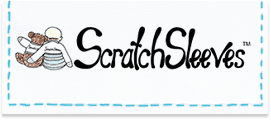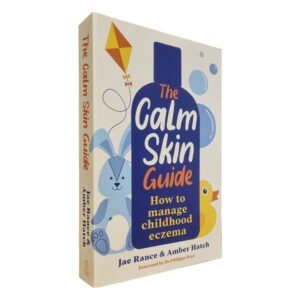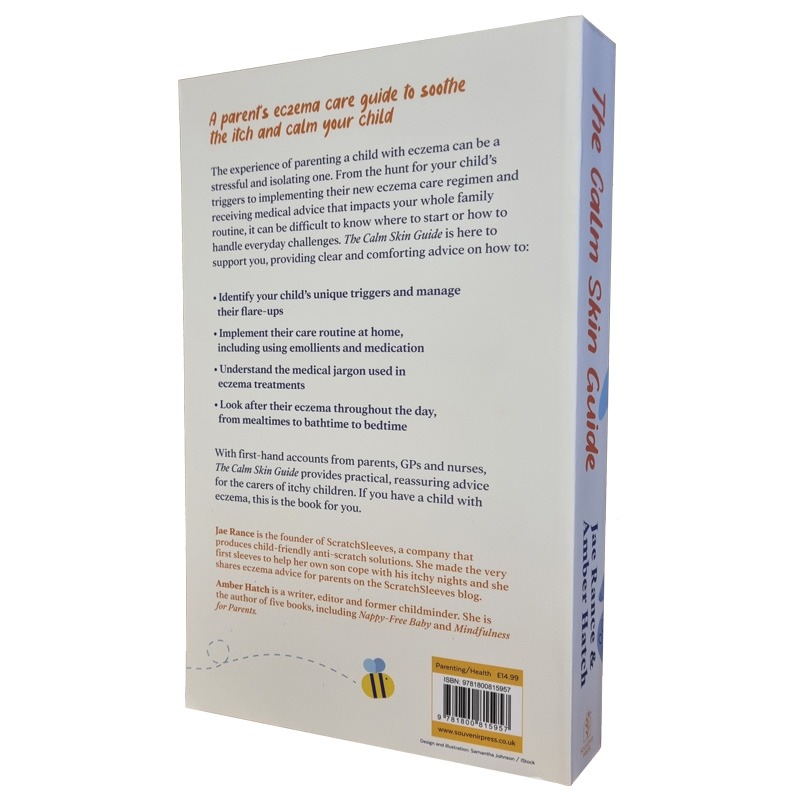Do water softeners help eczema?

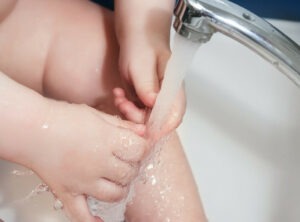

There’s good scientific evidence that children who live in hard water areas are 54 per cent more likely to have eczema compared to children who live in softer water areas. So does this mean that you can reduce your child’s eczema by installing a water softener? There is plenty of marketing hype suggesting that water softeners can help to control eczema. But is this actually the case and is it worth investing in one to control your little one’s eczema? ScratchSleeves family have dug into the research and made their decision.
Like 60 per cent of people in the UK, we live in a hard water area so we were intrigued by the University of Nottingham’s Centre of Evidence-based Dermatology’s Softened Water Eczema Trial which delves into the relationship of hard water and eczema symptoms. It aims answer the question: do water softeners help eczema?
Nottingham is unusual in that one half the town has a soft water supply while the other half has a hard water supply. Researchers from the Centre of Evidence-based Dermatology were surprised to find that primary school children living in the hard water areas were 54 per cent more likely to have atopic eczema than children living in soft water areas. So was hard water causing or exacerbating eczema?
Do water softeners help eczema symptoms?
SWET trial
To answer this question, the University of Nottingham’s Centre of Evidence-based Dermatology team set up the Softened-Water Eczema Trial (SWET), involving 336 children for a 16-week period.
In one of the study groups, an ion-exchange water softener was installed in the child’s house, and they were given usual eczema care. In the other group, children received usual eczema care only.
Research nurses assessed both groups for signs of improvement to their skin. The nurses did not know know which children had been allocated a water softener.
The results of the scientific study were that no difference was found in eczema severity between the two groups. There was also no difference in night-time scratching or the need for topical creams and ointments.
An interesting insight is that the researchers found parents were using consistently less of the child’s prescription creams than recommended.
SOFTER trial
In order to find out more, the Guy’s and St Thomas’ NHS Foundation Trust set up the SOFTER trial, the study of Softened Water for Eczema Prevention. This pilot study recruited 80 pregnant women whose unborn child was thought to be at high risk of developing eczema and who live in a hard water area. The women were randomised to have a water softener installed or not. Their babies’ skin was assessed for signs of eczema at birth, one month, three months, and six months.
The results of the pilot study were reported in 2021. This study found that there did appear to be a reduction in both the occurrence and severity of eczema in high-risk babies that grew up with softened water. The pilot study concluded that a larger study with a longer follow up period was needed to confirm the results. The follow up study should also investigate whether the reduction in eczema was long-term, or just delayed.
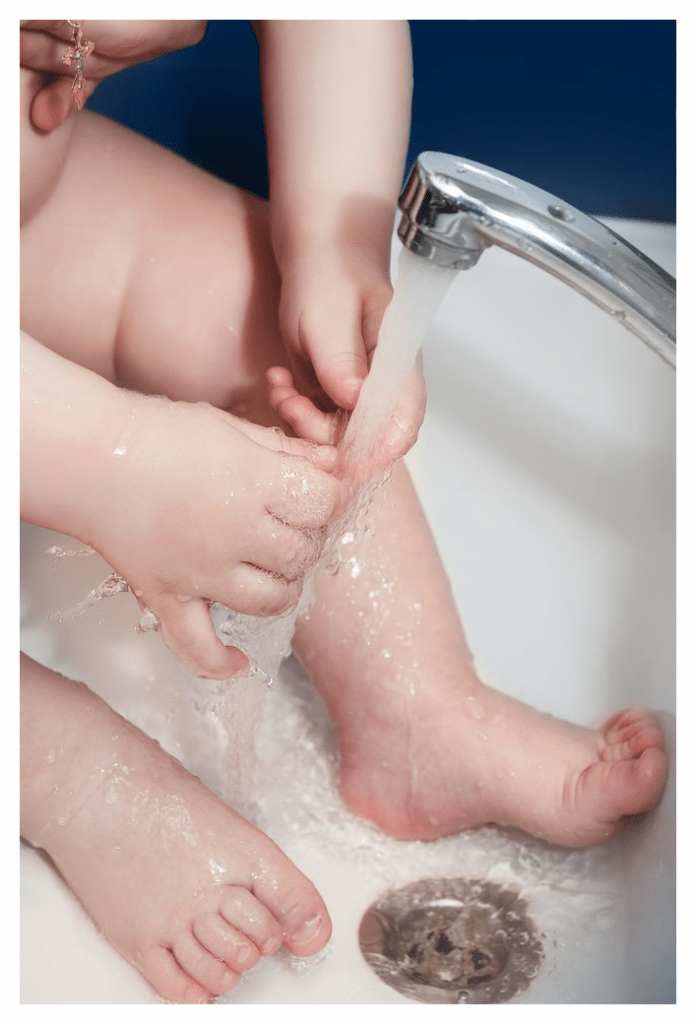
What the science says about water softeners
The science indicates that water softeners do not provide any additional benefits over and above the standard treatments for children with pre-existing moderate to severe eczema. However, it als0seems that babies growing up in homes with soft water have a reduced risk of eczema.
A recent review of published studies into the impact of water hardness on eczema concluded that if you are currently pregnant and your baby is a a higher risk of developing eczema, there may be benefits to investing in a water softener. However, there is no evidence that domestic water softeners improve disease severity in established atopic eczema patients.
How does a water softener work?
Water hardness is primarily caused by calcium and magnesium in the water supply. The water is softened by ion exchange, where the softener almost completely removes calcium and magnesium.
Inside the softener, there are tiny beads of ion-exchange resin, which are preloaded with sodium.
The water passes through the beads and the calcium and magnesium are exchanged with the sodium. The sodium then softens the water.
What is the connection between hard water and eczema?
In 2017, a study carried out by researchers at the University of Sheffield and King’s College London found that exposing the skin to hard water damages the skin’s barrier, our natural defence against outside threats like bacteria and allergens, and also increases our sensitivity to potential irritants like laundry detergents.
According to the study, the skin’s pH is usually acidic, but hard water has high alkalinity, meaning it can raise the pH on the surface of the skin. The disruption to the skin’s pH damages the skin’s barrier, leaving it prone to bacteria and infection.
In an article about the study published on the University of Sheffield’s website, lead author of the study, Dr Simon Danby from the University of Sheffield’s Department of Infection, Immunity and Cardiovascular Disease, said: “By damaging the skin barrier, washing with hard water may contribute to the development of eczema – a chronic skin condition characterised by an intensely itchy red rash.”
Another contributing factor as to why children in hard water areas are 54 per cent more likely to suffer from eczema may be because people with hard water are advised to use more detergent. This is because hard water reduces the amount that detergents or toiletries foam. Detergents and many ingredients commonly used in toiletries are known to aggravate eczema, especially if used in large quantities. So, is it actually the increased use of toiletries in hard water areas that aggravate eczema and not the hard water itself? See our articles on eczema friendly laundry and bath time tips on how to identify detergent allergies and keep clean without the itch.
The mechanism for this reduction in eczema is still unclear
What did we decide?
We have decided against fitting a water softener to keep the family’s eczema under control. This was largely on the basis of the science above. There is a good argument that water softeners reduce the amount of detergents and soap that you need to use. This is good for the environment as well as your bank balance – but this is not an eczema-based argument. Personally, I would rather identify and avoid our eczema triggers rather than not know about them. If we do ever have a water softener fitted, it will be because I would love to not have descale the kettle, showerheads, taps (and the list goes on!) on such a regular basis.
Our sources
- A Randomised Controlled Trial of Ion-Exchange Water Softeners for the Treatment of Eczema in Children. KS Thomas, T Dean, C O’Leary, TH Sach, K Koller, A Frost, HC.Williams, the SWET Trial Team. PloS Medicine February 15, 2011
- The effect of water hardness on atopic eczema, skin barrier function: A systematic review, meta-analysis. Clin Exp Allergy. 2021 Mar;51(3):430-451. doi: 10.1111/cea.13797. 2020 Dec 13. PMID: 33259122.
- Randomized controlled pilot trial with ion-exchange water softeners to prevent eczema (SOFTER trial). Z. K. Jabbar-Lopez et al. Clin Exp Allergy. Dec 2021
Our Editorial Policy
Here at ScratchSleeves, we aim to bring you trustworthy and accurate information. We collaborate with qualified dermatologists and doctors as well as drawing on peer-reviewed medical studies and our own experience as parents. All medical content is reviewed by a dermatologist or appropriate doctor prior to publication to ensure completeness, accuracy and appropriate use of medical language. Reviewer details can be found at the bottom of each reviewed post and also on our ‘Meet The Team’ page.
All scientific research referred to in our blog is found in peer-reviewed publications. All eczema-related medical articles we refer to are included in the GREAT database (Global Resource of Eczema Trials) managed by the Centre of Evidence Based Dermatology at the University of Nottingham. This database brings together information on all randomised control trials and systematic reviews of eczema treatments. Trials are identified using a highly sensitive, comprehensive search strategy that is compatible with standard Cochrane methodology. Cochrane is internationally recognised as the highest standard in evidence-based health care. Links to the publications we refer to are listed at the bottom of each article.
Disclaimer
The original editorial information we provide is not intended to be a substitute for professional medical advice, diagnosis, or treatment. Always seek the advice of your doctor or other qualified healthcare practitioners regarding a medical condition. Never disregard professional medical advice or delay in seeking it because of anything you have read on the ScratchSleeves blog.
Here at ScratchSleeves, we don’t just share our experiences of bringing up an eczema child and favourite allergy-friendly recipes, we also manufacture and sell our unique stay-on scratch mitts and PJs for itchy babies, toddlers and children. We now stock sizes from 0-adult years in a range of colours. Visit our webshop for more information.
The Calm Skin Guide
Love our blog? It's also available in book format with:
- First hand accounts from parents & medical professionals
- Easy navigation
- Comprehensive index
- Additional material
Signed copies available at no extra cost
Written by:
Interesting article? Don't keep it to yourself...
Read next...
You may also find helpful...
Quick buy


Multi Buy Discount

Spend between £30 - £60 and save 5%
Spend between £60 - £120 and save 10%
Spend over £120 and save 15%
Discount automatically applied at checkout
No Quibbles Guarantee
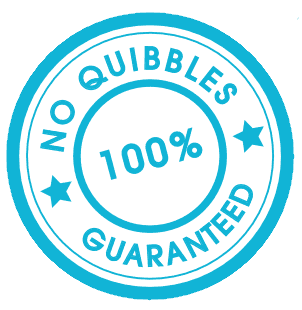
ScratchSleeves abide by a no quibbles guarantee.
Free UK Postage

Free packing and postage on all UK orders. For overseas orders to Europe postage is from £3.50, to USA is £6.50 and to the rest of the world, from £3.75.

